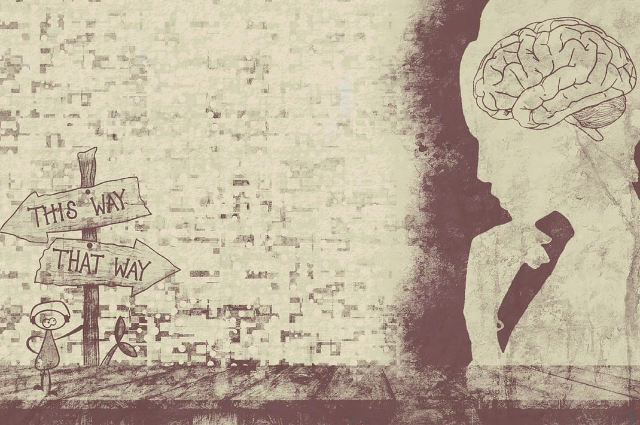
Image by Chen from Pixabay
The Strange Feeling of Knowing Before Knowing
Almost everyone has experienced a moment when the future seemed to tap them on the shoulder. Perhaps you had a dream where a friend called you up, and the following day they did, or you felt uneasy before stepping into a situation that later turned out badly. These moments, often dismissed as coincidences, are referred to as premonitions. They raise one of the most intriguing questions of human experience: can we sense events before they happen, or are we simply piecing together patterns after the fact? While science remains cautious, stories from history, psychology, and everyday life suggest there may be more to these mysterious “future whispers” than we think.
The Science of Intuition: How Our Brain Predicts More Than We Realize
From a scientific view, premonitions may exist not as a supernatural phenomenon, but as the result of our brain’s predictive powers. Neuroscientists believe the brain to be a prediction machine. It continuously reacts to minute details in our surroundings, such as body language, tone of voice, even slight weather changes, and predicts the future. An example is when you might instinctively know that someone is in distress because your brain has unconsciously observed their tightened jaw or trembling fingers. A study at Northwestern University reported results that indicate that the bodies of people exhibit observable variations, such as variations in heart rate or skin conductivity, a few seconds before some unforeseen occurrence, a phenomenon in some instances known as “presentiment”. While these changes don’t prove psychic abilities, they suggest humans might have a subconscious radar for future possibilities. In other words, premonitions could be our brain’s way of warning us before we consciously understand why.
Dreams That Seem to Warn Us
Among the most frequent locations where people report having had premonitions is in their dreams . History is full of striking examples. Days before Abraham Lincoln was assassinated, he is reported to have dreamt of it happening, and likewise, the survivors of large-scale disasters have on occasions claimed to have had weird dreams which foretold doom the previous night.
Psychologists attribute this to the fact that the mind filters through our day-to-day experiences during sleep. Memories and fears, intuition are regularly mixed and rearranged in dreams to form symbolic situations. When something then becomes true, it seems oracular. For example, dreaming of a storm before a personal crisis may not mean the dream caused the event, but it reflects the brain’s awareness of tensions already building in real life. Still, for those who’ve experienced it, the accuracy of some dream premonitions feels far beyond coincidence.
Premonitions Across History and Culture
Premonitions are not the invention of the modern day, but seem to be a common occurrence across all history and cultures. Ancient Greeks were believers in oracles that could predict events. Elders in most Indigenous cultures believed in dreams as cautions or communications with ancestors. Premonitions pervade even Indian culture, such as Gandhari in the Mahabharata, who prophesied the destruction of her sons. During the 20th century, psychologist J.B. Rhine conducted parapsychology experiments at Duke University, testing whether people could predict cards or future outcomes. While results were debated, they sparked widespread interest in extrasensory perception (ESP). These examples show that humans across time and geography have always felt a deep curiosity about glimpses of the future about history, and geography, and have always been fascinated with glimpses of the future.
Coincidence or Clues? The Ongoing Debate
According to skeptics, premonitions are just coincidences pushed to human memory. We have a thousand dreams and intense feelings, and we only keep in memory those dreams thacomell themselves. It is probably only by chance that some of them will be consistent with actual events. Psychologists refer to this confirmation bias as our increased tendency to pick up hits and ignore misses.
However, believers respond by arguing that the number of tales of people altering travel plans before disaster, or of mothers feeling danger to their children, or of ordinary people having prophecies about improbable events implies more. The problem has not been solved, in part because premonitions are hard to test in controlled scientific conditions. They lie in an intermediate grey zone between psychology, probability, and the unexplained.
Conclusion – Listening to the Whispers of the Future
Premonition could be the higher half of the brain speaking, it could be a glimpse of an alternative world, it could be a coincidence, but it makes us remember that human consciousness still holds secrets. Whereas science tries to find quantifiable evidence, lived experience has nevertheless persuaded individuals that occasionally the future speaks to them, and it does so quietly, unobtrusively, in a whisper. Whether premonitions are real or not may be a false issue, but are we paying much attention when they come?
